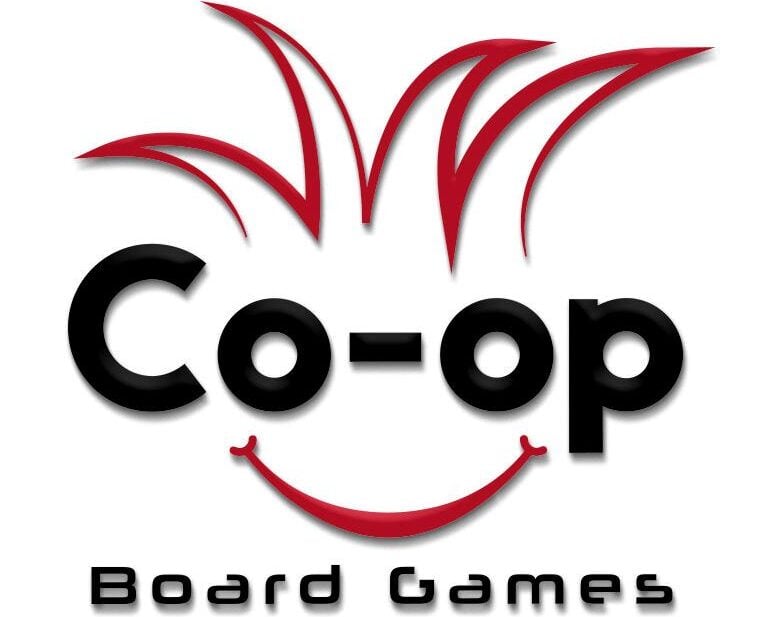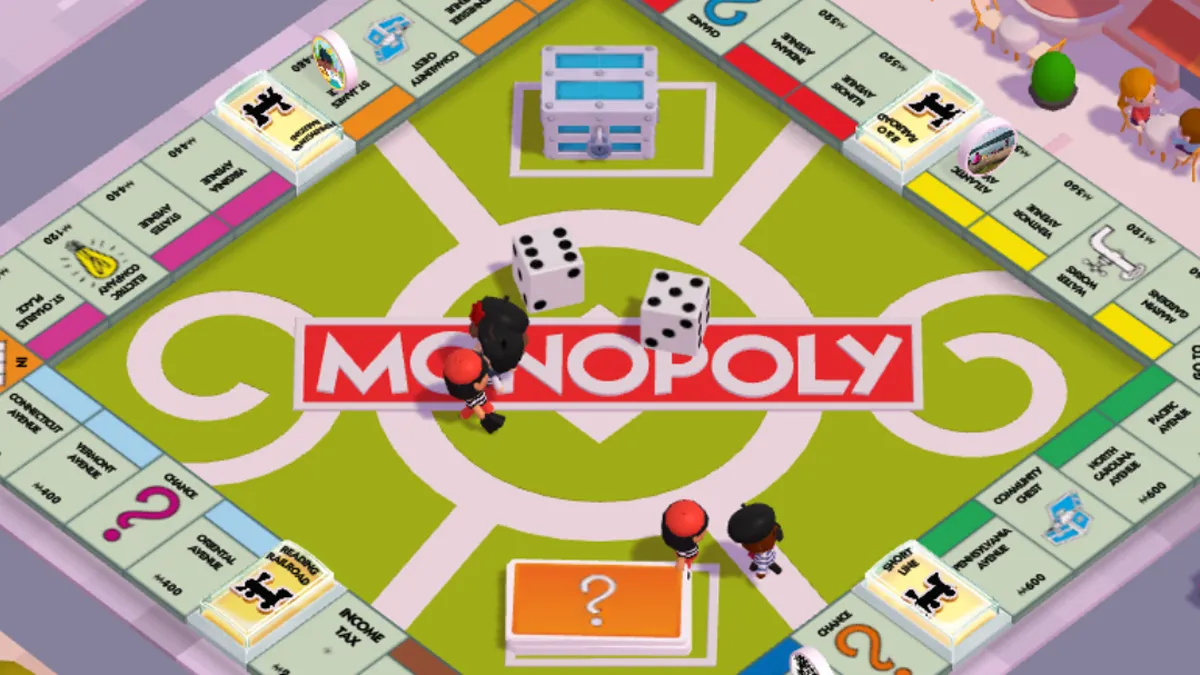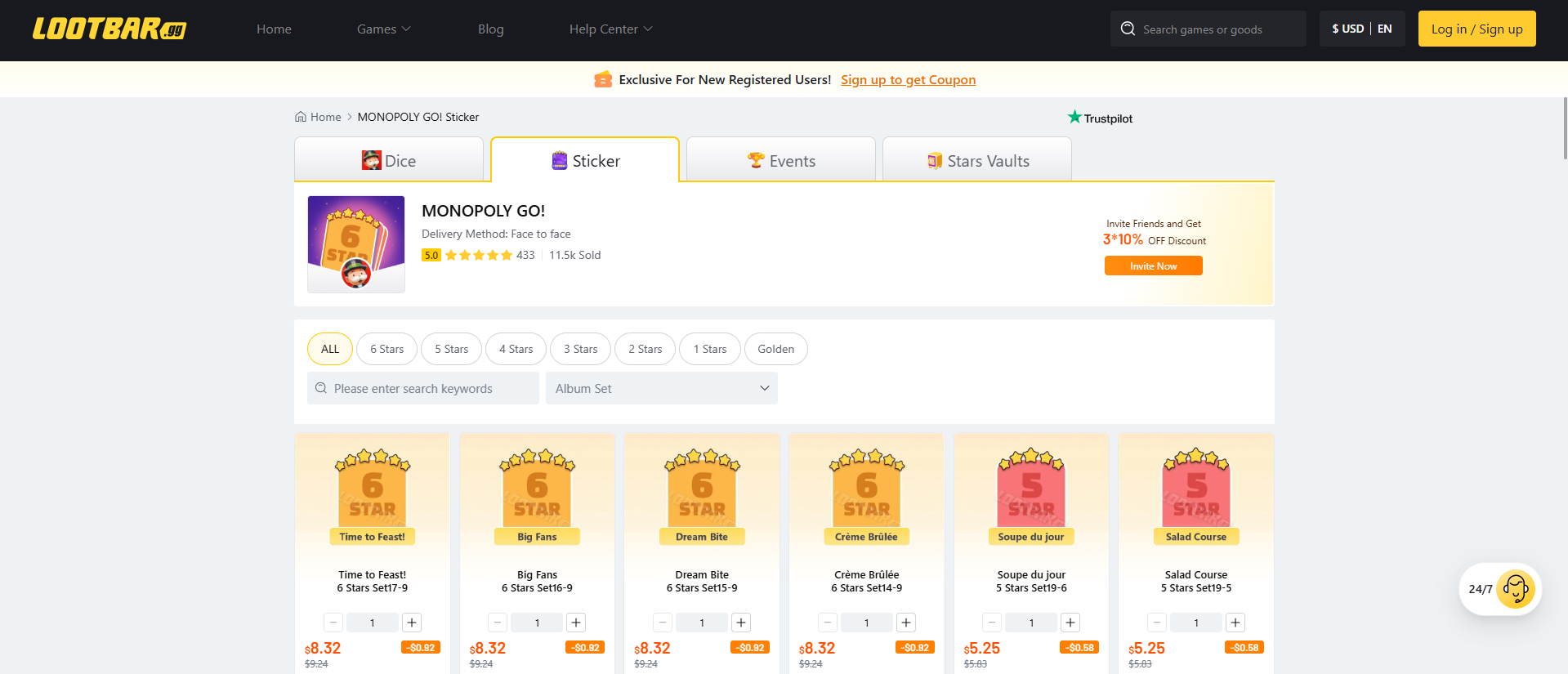Monopoly Go vs. Classic Monopoly: A Comparative Evaluation of the Differences in Social and Paid Dimensions
Last Tuesday, my neighbor knocked on my door holding his phone and a twenty-dollar bill. “Help me understand something,” he said. “
My kid spent this much on a mobile Monopoly game in one week, but we’ve had the same board game version sitting in our closet for fifteen years.” His confusion perfectly captures the gaming revolution happening right under our noses.
Two versions of the same beloved property game now exist in completely separate universes. One requires you to dig through closets, clear off dining tables, and convince people to sit still for three hours.
The other lives in your pocket, demanding attention through colorful notifications and limited-time offers. Both claim the Monopoly name, but they might as well be different species.
What Makes Each Version Tick?
The classic board game follows rules written when radio was cutting-edge technology. Players take turns moving around a square board, buying properties and collecting rent until someone owns everything or everyone else goes broke. Simple concept, brutal execution.
Monopoly Go strips away most of that social theater. Instead of bankrupting friends, you’re rolling dice to collect rewards on themed game boards.
Think of it as Monopoly’s hyperactive younger sibling—same DNA, completely different personality. The mobile version wants to entertain you right now, not next weekend when everyone can finally coordinate schedules.
The Social Laboratory: How We Connect Through Games
Board game Monopoly turns your living room into a social laboratory. Every family has their own ecosystem of traditions, arguments, and inside jokes that revolve around the game.
Aunt Sarah always goes for the orange properties. Dad insists on being the banker even though he can’t do math. Mom quietly builds monopolies while everyone else argues about trades.
Monopoly Go creates different social connections entirely. The mobile version connects players through digital communities built around shared interests rather than family obligations. Players join teams with strangers, participate in global competitions, and celebrate achievements with people they’ve never met in person.
Platforms like LootBar have become essential gathering places where collectors find others seeking specific rewards and discover opportunities for Monopoly Go stickers for sale.
Money Talks: How Each Game Extracts Value
Traditional Monopoly operates on what economists call a “durable goods” model. You pay once, usually between fifteen and forty dollars, then extract value for decades. The components wear out eventually, but quality versions often outlast the families that own them.
Monopoly Go operates in the modern “freemium” economy where the product is free but enhanced experiences cost money. Players can download and play indefinitely without spending anything, but the game presents constant opportunities to accelerate progress or unlock exclusive content.
Dedicated players often spend hundreds or thousands of dollars over time, amounts that would seem ridiculous for a board game but feel reasonable when spread across months of regular play.
Secondary markets have emerged where players can find additional Monopoly Go stickers for sale through specialized platforms, creating entire economies around digital collecting.
The Clock Wars: When Gaming Time Becomes a Battleground
Here’s something nobody talks about: classic Monopoly is basically a hostage situation disguised as family fun. Once you start, you’re trapped until someone wins or the game dissolves into arguments about house rules. I’ve seen grown adults sneak to the bathroom just to check their phones during particularly brutal three-hour sessions.
Monopoly Go solves this by essentially breaking the game into bite-sized pieces. Each session lasts about as long as checking Instagram, making it perfect for our fractured attention spans.
You can play while your coffee brews, between elevator floors, or during boring meetings (don’t tell your boss I said that). The mobile version works like a slow-drip addiction. Instead of one intense gaming marathon, you get dozens of tiny hits throughout the day.
The Emotional Battlefield: How Different Games Mess With Your Head
Traditional Monopoly is psychological warfare disguised as entertainment. When you land on someone’s hotel-loaded Boardwalk, you don’t just lose money—you lose face.
Everyone at the table watches your financial empire crumble in real time. There’s nowhere to hide when you’re counting out your last few dollars while your nephew grins smugly across the table.
Monopoly Go takes a completely different approach to your brain chemistry. Instead of crushing opponents, you’re chasing personal achievements and collecting digital rewards. The competition exists, but it feels more like comparing gym stats than engaging in actual combat.
The mobile version uses what game designers call “positive reinforcement loops.” You constantly receive rewards, unlock achievements, and see visual progress indicators.
When Tech Meets Tradition: The Great Divide?
Want to know the real difference between these games? Try this experiment: unplug your Wi-Fi router, grab some friends, and see which Monopoly version still works.
The board game doesn’t care about your internet speed, battery life, or whether Apple released another iOS update that breaks everything. It’s basically gaming’s equivalent of a Swiss watch—simple, reliable, and immune to technological meltdowns. You could play it during a zombie apocalypse as long as you have enough candlelight to see the board.
This reliability creates something psychologists call “ownership confidence.” When you buy the physical game, it’s truly yours. No company can push an update that changes the rules overnight or shut down servers that make your purchase worthless.
Monopoly Go represents the opposite philosophy entirely. The game exists in a constant state of evolution, receiving new content, seasonal events, and feature updates that keep the experience fresh. But this digital flexibility comes with strings attached—you’re essentially renting access to entertainment rather than owning it outright.
The mobile version can disappear tomorrow if the company decides to stop supporting it. Your progress, achievements, and any money spent vanish into the digital void. It’s the gaming equivalent of leasing a car versus buying one.
Age Wars: When Gaming Becomes Generational Combat
Here’s a scene that plays out in homes everywhere: Grandpa suggests breaking out the Monopoly board, while his teenage grandson simultaneously opens Monopoly Go on his phone. Both think the other person is missing the point entirely.
The older generation approaches board games like attending church—it’s a ritual that demands respect, patience, and proper procedure. They remember when entertainment required effort and commitment. Setting up the game, explaining rules to newcomers, and sitting through three-hour sessions feels normal because that’s how entertainment used to work.
For digital natives, traditional Monopoly feels like using a rotary phone when you have an iPhone. Why would you voluntarily choose the slower, more complicated option when a streamlined version exists in your pocket? They expect entertainment to adapt to their schedules, not the other way around.
This creates fascinating family dynamics where different generations literally can’t understand each other’s gaming preferences. Neither side is wrong—they’re just operating from completely different assumptions about what entertainment should provide and how much effort it should require.
The Final Verdict: Stop Trying to Pick Sides
Let me settle this debate once and for all: asking whether board game Monopoly or Monopoly Go is “better” is like asking whether bicycles or cars are superior transportation. The answer depends entirely on where you’re going and how much time you have.
Board game Monopoly excels when you want deep human connection disguised as competitive entertainment. It’s perfect for those rare occasions when everyone can disconnect from their devices and focus on each other.
The game creates the kind of shared memories that families reference for decades—usually involving someone’s legendary comeback or spectacularly bad luck.
Pick the traditional version when you’re hosting gatherings, building family traditions, or trying to teach kids that delayed gratification sometimes leads to better outcomes. It rewards patience, strategic thinking, and the ability to read human behavior.
Monopoly Go dominates when you need entertainment that fits modern life’s chaotic rhythm. It’s designed for commuters, busy parents, and anyone who wants to stay connected with friends across different time zones.
The mobile version transforms dead time into gaming opportunities without requiring other people to coordinate their schedules around your entertainment needs.


